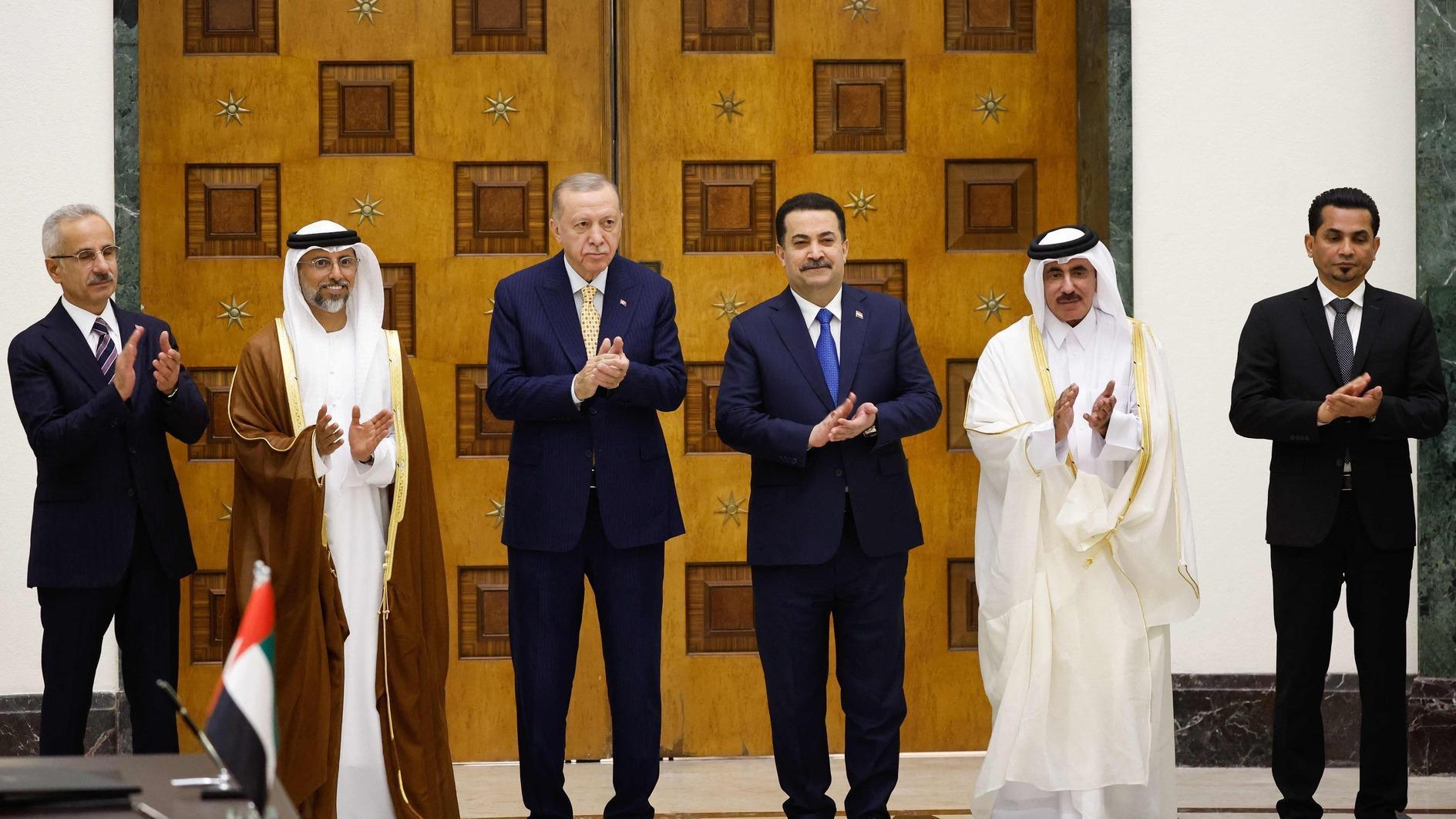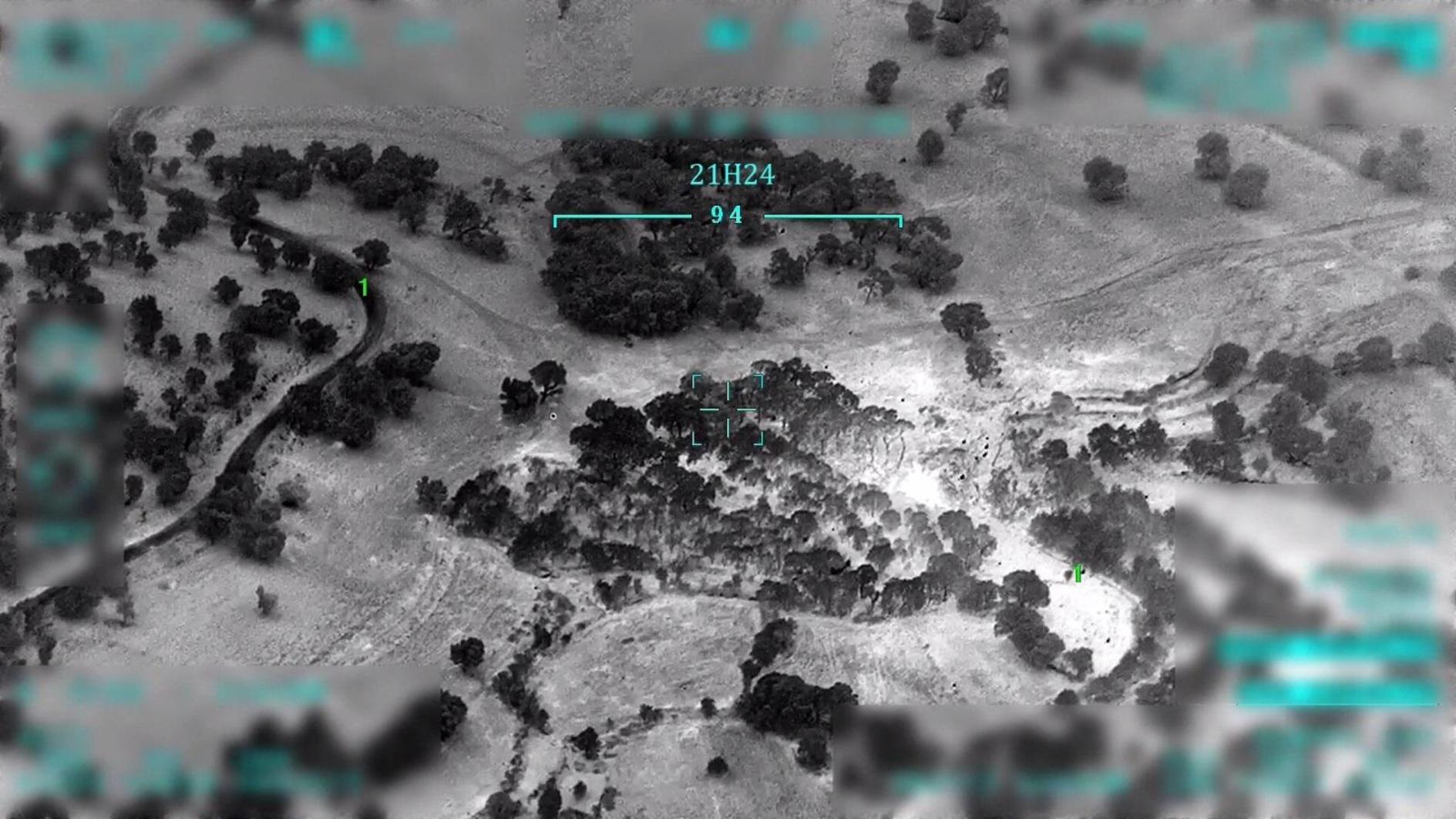ISIL a regional issue, US general says
ABOARD A US MILITARY AIRCRAFT / DAMASCUS

A picture stands at Our Lady of the Rosary Church for a special mass in remembrance of journalist James Foley August in Rochester, New Hampshire. US top general said Dempsey said he still believes ISIL is still more a regional threat.
The U.S. military could move against the Islamic State of Iraq and the Levant (ISIL) in Syria once its militants are determined to have become a direct threat to the U.S. homeland or Europe, but not before, U.S. Gen. Martin Dempsey has said.Right now, the insurgent group is still more of a regional threat and is not plotting or planning attacks against either the U.S. or Europe, said the chairman of the Joint Chiefs of Staff.
Speaking on a military plane en route to Afghanistan, Dempsey provided more detail into his thinking about the militants who have stormed across Iraq, operating out of safe havens in Syria.
So far, the Obama administration has restricted its military action against the militants to specific operations within Iraq, but concerns have increased as ISIL extended its reach, taking control of a swath of land stretching from Syria across the border and deep into western and northern Iraq.
Dempsey also told reporters traveling with him that he believes that key allies in the region – including Jordan, Turkey and Saudi Arabia – will join the U.S. in quashing the militant group.
“I think ISIS has been so brutal, and has wrapped itself in a radical religious legitimacy that clearly threatens everybody I just mentioned, that I think they will be willing partners,” said Dempsey, expressing optimism for the first time that Arab nations would join in the conflict. ISIS is an acronym for the militant group.
He contrasted the group to the Yemen-based al-Qaeda in the Arabian Peninsula, which has plotted and attempted attacks against the U.S. and Europe. As a result, the U.S. has conducted counterterrorism strikes against the group within Yemen. Dempsey said that so far, there is no sign that the militants are engaged in “active plotting against the homeland, so it’s different than that which we see in Yemen.”
“I can tell you with great clarity and certainty that if that threat existed inside of Syria that it would certainly be my strong recommendation that we would deal with it,” said Dempsey. “I have every confidence that the president of the United States would deal with it.”
He added that those regional partners could come together and squeeze the group “from multiple directions in order to initially disrupt and eventually defeat them. It has to happen with them, much less with us.”
Dempsey’s statement came as Syria said it was willing to work with the international community, including the United States, to tackle “terrorism” but that any strikes on its territory must be coordinated with Damascus.
“Syria is ready for cooperation and coordination at the regional and international level to fight terrorism and implement U.N. Security Council resolution 2170,” Walid al-Moallem said.
The resolution, passed earlier this month, seeks to cut funds and the flow of foreign fighters both to ISIL and to al-Qaeda’s Syrian affiliate, the al-Nusra Front.
Al-Moallem said Syria was willing to work within international or regional coalitions as well as in bilateral arrangements. And he said Damascus was prepared to work with the United States and Britain. “They are welcome.”
But he added that any military action inside Syrian territory must be carried out in coordination with the government and respect the country’s sovereignty. “We must feel that the cooperation is serious and not double standards. Any violation of Syria’s sovereignty would be an act of aggression.”
Despite al-Moallem’s statement, Germany said it had no diplomatic contacts with the government of Syrian President Bashar al-Assad and no plans to rekindle ties because of the threat posed by ISIL.
“The regime of President Assad has committed unbelievable injustice in every form during the civil war that has been raging for 3.5 years. Nearly 200,000 people have died,” the spokesman for the Foreign Ministry, Martin Schaefer, told a government news conference.
“To be honest it is very difficult to imagine that all this can be ignored in the name of Realpolitik, that one says, now we have ISIS, which is worse than Assad, so now we have to get into bed with the one that isn’t quite so bad,” he added.
“This is too simple. I am not aware of any thoughts or deliberations, whether in the fight against ISIS or otherwise, about working with the regime of President Assad,” Schaefer said. “I am not aware of any political or diplomatic contacts between Germany and the Syrian government.”
Russian Foreign Minister Sergei Lavrov also urged Western and Arab governments to overcome their distaste for al-Assad and engage with him to fight ISIL insurgents.
In comments likely to irritate Washington, Lavrov said the U.S. had made the same mistake with ISIL as it had with al-Qaeda, which emerged in the 1980s when U.S.-backed Islamist insurgents were fighting the Soviet occupation of Afghanistan.
“I think Western politicians are already realizing the growing and fast-spreading threat of terrorism,” Lavrov said, referring to ISIL advances in Syria and Iraq. “And they will soon have to choose what is more important: a [Syrian] regime change to satisfy personal antipathies, risking deterioration of the situation beyond any control, or finding pragmatic ways to unite efforts against the common threat.”
















